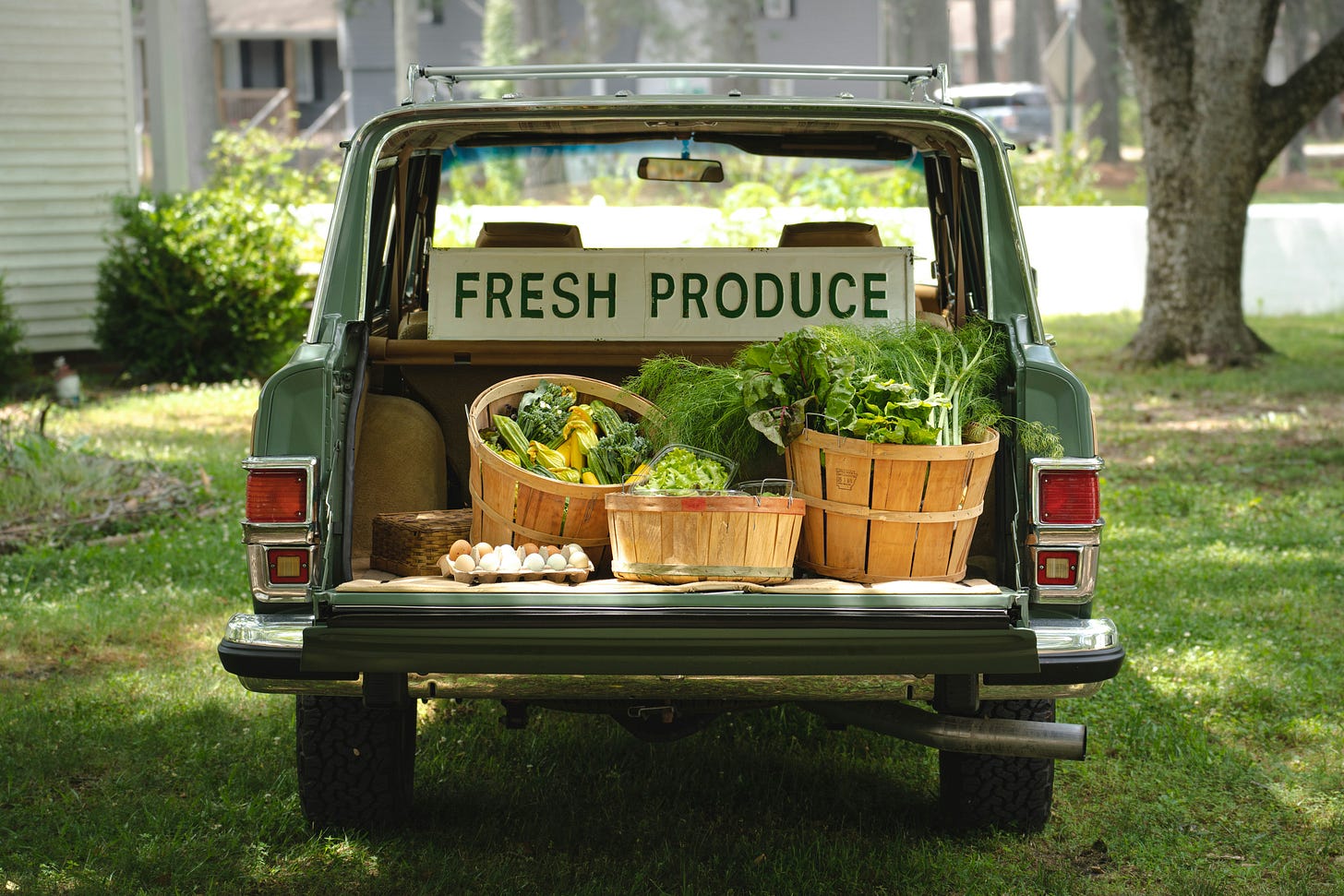
"You Are What You Eat"
A person’s nutritional diet can reflect so much of how much energy they have, what is going on in their mindspace, and the health of their internal organs. Food is an energy source and a culinary pleasure. It’s not a surprise to anyone that access to fresh food is not an egalitarian reality within our world. Food insecurity continues to mire low-income neighborhoods and create a chain of events that impact everything from physical health to school performance.
Food as a Mirror of Inequality
Food-insecure households hit women especially hard because women with young children are focused on finding the best nutritional options available for their children, leaving themselves at risk. The problem multiplies when considering women who are pregnant and become more at risk of gestational diabetes, iron deficiency, and low birth weight. Ultimately, the Supplemental Nutrition Assistance Program has been developed over the years to alleviate the pressures of food insecurity and the nutritional crisis the United States faces. Even this program can only act to slow down the accelerating turmoil and is in constant danger of rollbacks.1
Feeding America, a national network of food banks, food pantries, and community-based organizations, estimates that 58% of the households it serves have a member with high blood pressure and that 33% of households it serves have a member with diabetes. This isn’t just due to food insecurity, but can also stem from the types of foods being eaten as well. Because let’s face it: if your main grocery option is the gas station, your dinner is probably less "farm-to-table" and more "microwave-to-emergency-room."
What We Eat Shapes How We Feel
High-quality diets are associated with better mental health and the production of serotonin, a neurotransmitter that regulates various functions, including sleep, mood stabilization, and pain inhibition. High sugar diets have been linked to depression and the inability to fend off inflammation. There is a body of research suggesting that diets like the Mediterranean Diet and more traditional Japanese diets can lower the risk of depression by 25 to 35%. This is compared to Western diets that can contain a lot of refined foods and sugars and aren’t as considerate of lean meats and dairy intake. Traditional diets also contain unprocessed foods and can act as natural probiotics.2
Communities across America often exist in food deserts that hinder access to high-quality, unprocessed foods. Not only is there a lack of access to food, but the culinary options available are inherently harmful in the way they are curated. It’s not that people don’t want kale. It’s that there’s no kale to be found—but 87 varieties of Flamin' Hot chips in every flavor of deprivation.
You Can Be What You Watch

Keep reading with a 7-day free trial
Subscribe to Stew on This to keep reading this post and get 7 days of free access to the full post archives.



